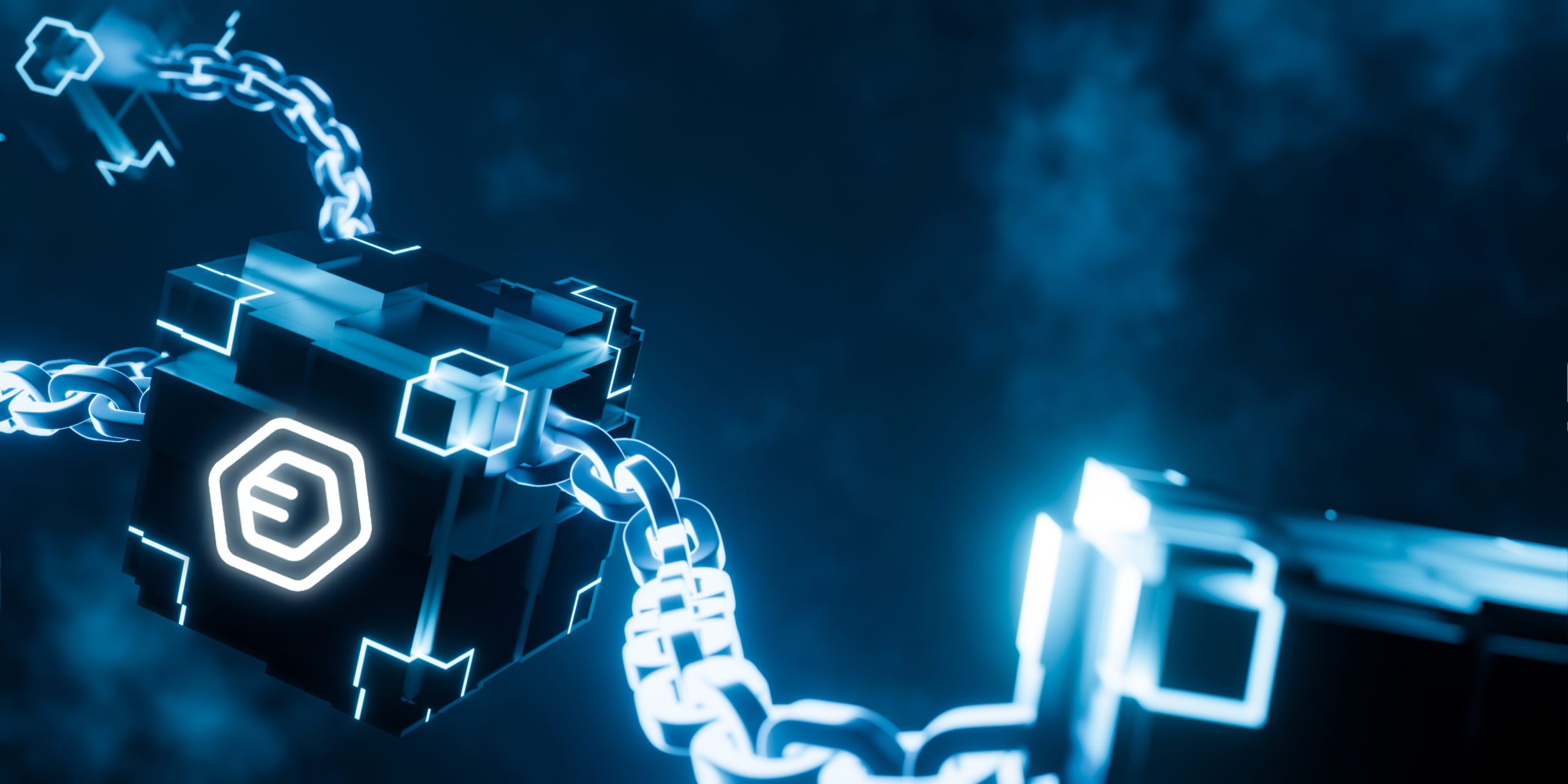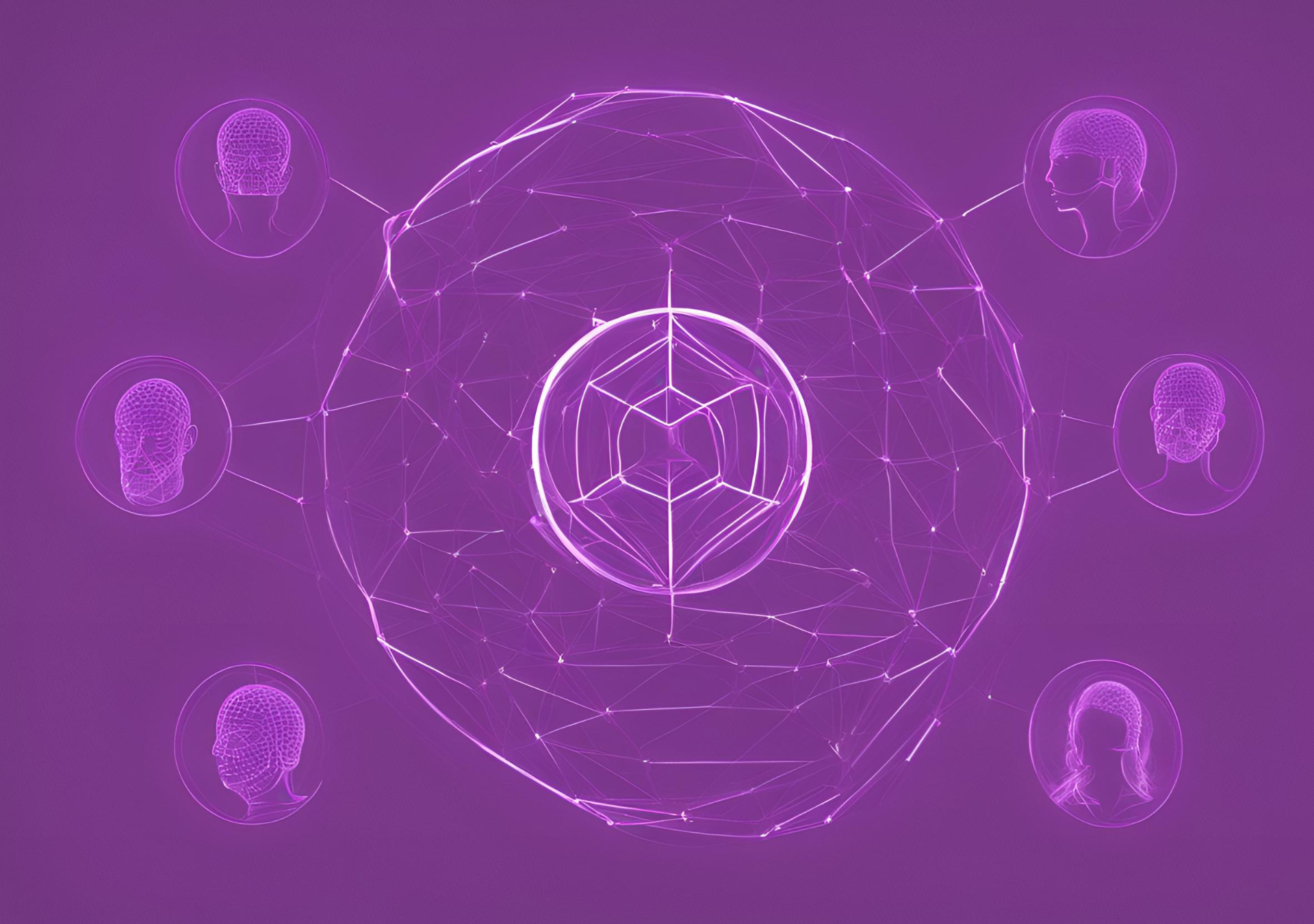Decentralized identity (DI) is a rapidly emerging technology that has the potential to revolutionize the way we verify our identities online. DI systems allow individuals to control their own identities and share them with organizations only when they choose to do so. This offers a number of advantages over traditional government-issued identity systems, such as greater privacy, security, and flexibility.
However, as DI gains traction, it is important to consider the regulatory and ethical implications of this technology. In this article, we will explore the key regulatory and ethical considerations that need to be addressed in order to ensure that DI systems are fair, inclusive, and secure.
Regulatory Considerations
One of the biggest challenges facing DI is the lack of clear regulatory frameworks. In order for DI systems to be widely adopted, it is essential that governments and regulators develop clear rules and guidelines for how these systems can be used. This includes establishing standards for data protection, identity verification, and financial compliance. One of the key regulatory considerations for DI is legal recognition. In order for DI systems to be accepted in various jurisdictions, it is necessary for laws and regulations to be updated to recognize digital identities created and managed on decentralized platforms. This would grant them the same legal standing as traditional government-issued identities. Another important regulatory consideration for DI is data protection and privacy. DI systems collect and store a significant amount of personal data, so it is essential that these systems are designed with privacy in mind. Stricter data protection laws should be put in place to govern the collection, storage, and sharing of personal data, ensuring that individuals have control over their information and can give informed consent for its use.
Ethical Considerations
In addition to regulatory considerations, there are also a number of ethical issues that need to be addressed in the context of DI. These include ensuring that DI systems are accessible and inclusive, that users have control over their personal data, and that these systems are not used to discriminate against individuals. One of the major ethical considerations for DI is accessibility and inclusivity. DI systems must be designed in a way that ensures that individuals from all backgrounds have equal opportunities to participate. This means addressing technological barriers, language barriers, and the digital divide. It is also important to ensure that DI systems are not used to further exclude marginalized communities. Another important ethical consideration for DI is user consent and control. Individuals should have the right to choose when and how their data is shared. This means that DI systems must be designed with privacy in mind. Individuals should also retain ownership of their digital identities. This means that they should be able to access, update, and delete their data at will.
According to a report, 80% of people aged between 55 and 64 are highly worried about Identity theft. As a flag bearer in tackling Identity Management problems head-on, Soulverse is on a mission to solve the Regulatory and Ethical considerations through its Self-Sovereign Identification (SSI) principles. To address these challenges, we are developing a deployment architecture for SSI applications in a permissioned blockchain. In a traditional system, a central authority controls the data and transaction history. This means that the central authority has the power to censor or manipulate data, and to deny individuals access to their records. Blockchain technology, on the other hand, is decentralized, meaning that there is no single point of control. This makes it more difficult for a central authority to censor or manipulate data, and it ensures that individuals always have access to their records. Soulverse’s use of Blockchain technology can help to alleviate the problem of centralized authority control. This is because blockchain is an immutable ledger that stores and preserves data and transaction history. This means that even if a verified credential is deactivated or invalidated, the historical data associated with it is still preserved on the blockchain. This ensures the integrity and durability of individuals’ digital records, regardless of the actions of any central authority.





